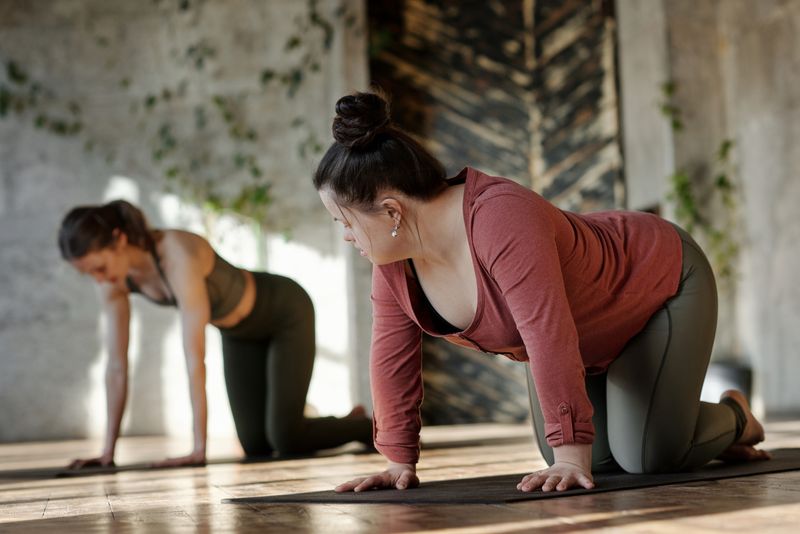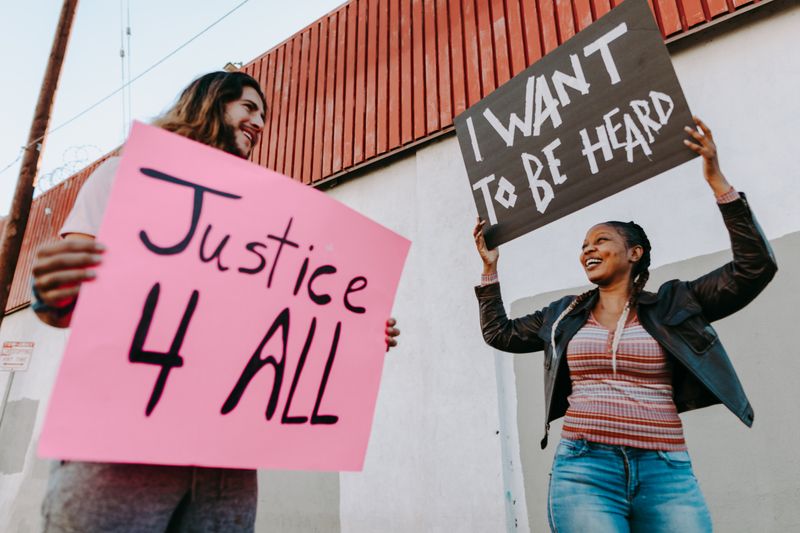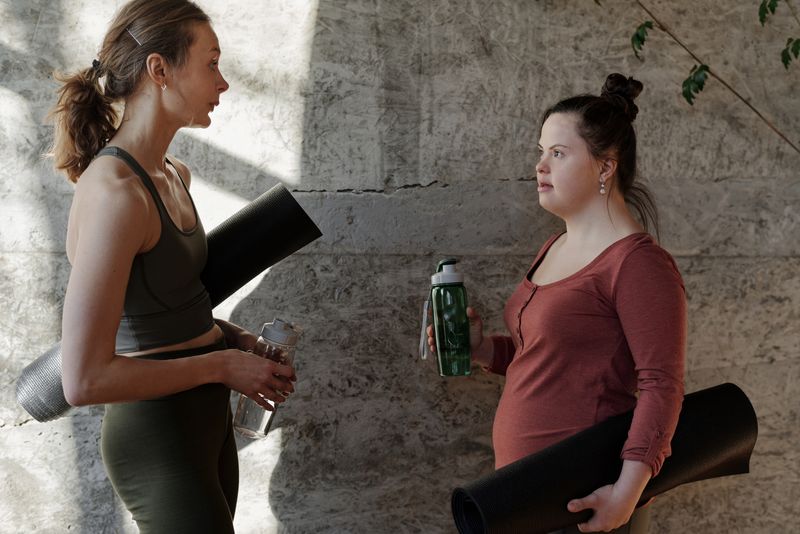Singer Celine Dion’s Health Battle with Stiff Person Syndrome
Canadian singer Celine Dion has been forced to cancel her “Courage World Tour” until 2024 because of a rare neurological condition called stiff person syndrome. This condition causes muscle rigidity, spasms, and heightened sensitivity to stimuli such as sound and lights. The syndrome, which is very rare, can cause significant disability and make walking and singing difficult. Dion said, “I’m working hard with my sports medicine therapist every day to build back my strength and my ability to perform again.”
What is Stiff Person Syndrome?
Stiff person syndrome is characterized by muscle rigidity, spasms, and heightened sensitivity to stimuli that can cause muscle spasms, and emotional distress. Over time, people with the condition can develop hunch-back postures, and the condition can cause falls, severe pain, and significant disability. The syndromes can be severe enough to fracture bones, and any fall can lead to severe injury. Stiff person syndrome can also cause anxiety, and many patients, if not all, have an intrinsic anxiety that feeds on the physical ailments of the disease.
Who is at Risk of Developing Stiff Person Syndrome?
The disease is very rare, and about 1 out of every 1 million people has the syndrome. The condition can develop at any age, but symptoms most often begin in a person’s 30s or 40s, and twice as many women as men are affected by the disease.
What Causes Stiff Person Syndrome?
Stiff person syndrome is thought to have features of an autoimmune disease, and it is frequently associated with other autoimmune diseases such as type-I diabetes, thyroiditis, vitiligo, and pernicious anemia. The exact cause isn’t clear, but research shows it may be due to an autoimmune response gone awry in the brain and spinal cord. People with stiff person syndrome have elevated levels of GAD, an antibody that works against an enzyme involved in the synthesis of an important neurotransmitter in the brain.
How is Stiff Person Syndrome Treated?
There is no known cure for stiff person syndrome, but medications can ease the symptoms. Immune globulin medications can help lower sensitivity to light or sound triggers, potentially helping head off falls or spasms. Pain relievers, anti-anxiety medications, and muscle relaxers can be part of the treatment for this disease. Additional benefits may come from the use of acupuncture, physical therapy, heat, and water therapy. If left untreated, the disease can cause severe impairment of daily living.
Editorial and Advice
Celine Dion’s diagnosis is an unfortunate example of what can happen when we neglect our health. In her December 2021 Instagram video, Dion admitted that she was struggling with spasms and difficulties walking, but she did not seek medical attention until December 2021 when her symptoms became unbearable.
It is essential to prioritize our health and seek medical attention as soon as possible when we experience symptoms of illness. We should also take note of our family’s medical history and be aware of potential health risks. Regular check-ups with our doctors can catch any medical condition before it worsens, and early detection is the key to successful treatment.
Celine Dion has shared her struggles with stiff person syndrome with the world to raise awareness of this rare condition and highlight the importance of prioritizing our health. We wish Celine Dion all the best in her health battle and look forward to her return to the stage.

<< photo by Cliff Booth >>




